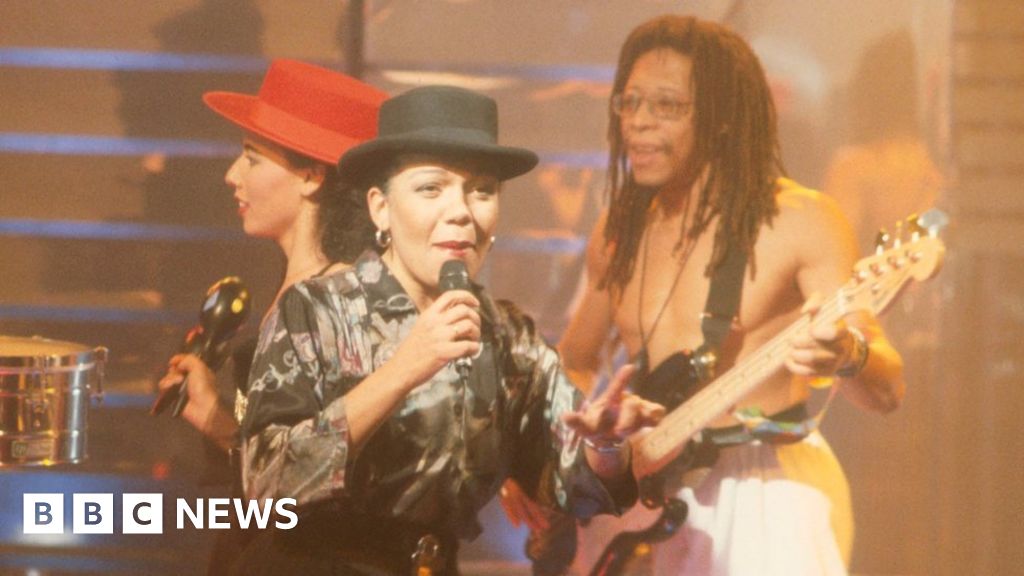


The music video of the song was filmed on stage on Tago Mago Island in the Mediterranean Sea and on Cocos Beach in the city of Trancoso, Bahia, Brazil.

In France, where it topped the chart for 12 weeks and sold almost two million copies, the single was the number-one on the year-end list. “Chorando Se Foi (Lambada)” was the 37th best-selling single of the United Kingdom during 1989. Billboard Hot 100, becoming one of the best known Brazilian songs of all time. It reached number one on eleven different charts, as well as number four on both the UK Singles Chart and Irish Singles Chart, number five on the Australia ARIA Singles Chart, and in 1990 it hit number 46 on the U.S. The single became a worldwide summer hit, selling over 5 million copies in 1989 and was part of the Lambada dance craze. It has sold more than 12 million copies worldwide, making it one of the world’s most-famous singles of all time. The song in Portuguese is a mix cover of Márcia Ferreira’s 1986 hit “Chorando se foi” (lyrics translated to Portuguese) and the Cuarteto Continental hit “Llorando se fue” (first upbeat version of the song introducing the accordion), released in 1984 through the Peruvian record label INFOPESA and produced by Alberto Maravi both songs were adapted from the 1981 Bolivian song Llorando se fue by Los Kjarkas.Īt the time of release, the song has been regarded as the most successful European single in the history of CBS records with sales of 1.8 million copies in France and more than 4 million across Europe. The video, filmed on Cocos beach in the city of Trancoso, in the state of Bahia, Brazil, features the Brazilian child duo Chico & Roberta. It was released as the first single from Kaoma’s debut album Worldbeat. It features guest vocals by Brazilian vocalist Loalwa Braz. The song in Portuguese is a mix cover of Márcia Ferreira's 1986 hit "Chorando se foi" (lyrics translated to Portuguese) and the Cuarteto Continental hit "Llorando se fue" (first upbeat version of the song introducing the accordion), released in 1984 through the Peruvian record label INFOPESA and produced by Alberto Maravi both songs were adapted from the 1981 Bolivian song Llorando se fue by Los Kjarkas.“Lambada”, also known as “Chorando Se Foi (Lambada)” or “Llorando se fue (Lambada)”, is a song recorded by French pop group Kaoma. It was released as the first single from Kaoma's debut album Worldbeat. This song is part of many ethnic places and cultures such as Latin America and the Philippines. "Lambada", also known as "Chorando Se Foi (Lambada)" or "Llorando se fue (Lambada)" (both meaning "Crying went away" in Portuguese and Spanish, respectively), is a song recorded by French-Brazilian pop group Kaoma.


 0 kommentar(er)
0 kommentar(er)
